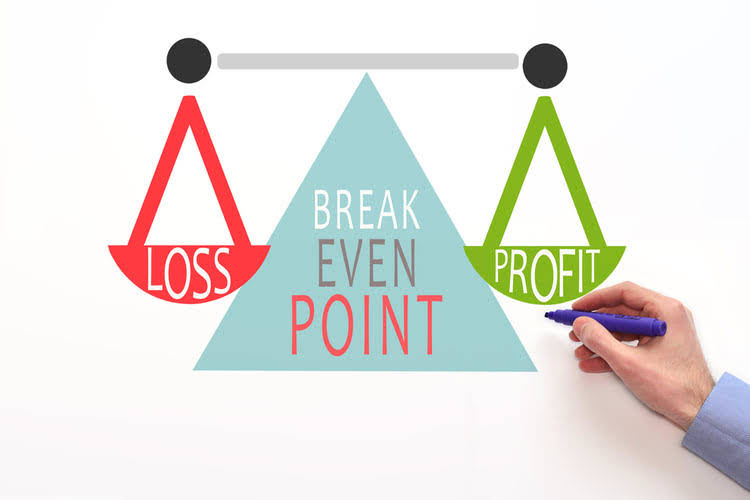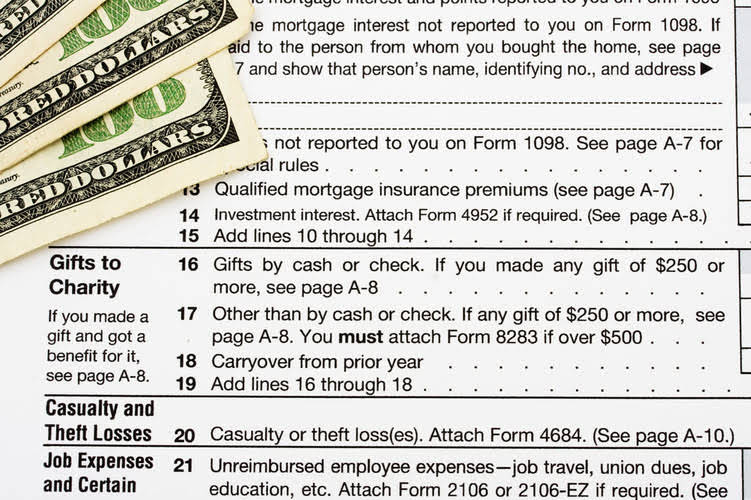
Full charge bookkeepers, on the other hand, are able to analyze financial statements, offer consulting services, and do some internal auditing and tax preparation. However, as they are not certified public accountants, the company would often need to consult a certified public accountant for external audits and tax returns. Small https://www.bookstime.com/ business owners often lack the time and expertise to effectively manage their own financial records. They understand the importance of accurate bookkeeping in maintaining financial stability and making informed business decisions. Accurate financial reporting is crucial for any business, regardless of its size or industry.
Role in Small Business Bookkeeping

For more specific salary information, consider researching average full charge bookkeeper salaries in your area. Knowing the right forms and documents to claim each credit and deduction is daunting.
Hiring Resources
The person in charge must be able to handle accounting and streamlining of the businesses efficiently. And while a full-charge bookkeeper will eventually supervise these roles, you’ll need to make sure you’re appropriately staffed to fill the void this promotion leaves behind. Many companies find it easier to simply outsource a full-charge bookkeeper in the interest what is a full charge bookkeeper of maintaining internal staff consistency. Outsourced bookkeeping and accounting services can also fill the talent gaps caused by promoting within. Keep these issues in mind as you consider your staffing needs and be ready for some re-adjustment as you fill your bookkeeping roles. All accounting and bookkeeping duties can be handled by a full charge bookkeeper.
- Although it seemed like something anyone could do at the beginning, over time, it can get more complicated and even time-consuming.
- They are usually accountable for more than a regular or part-time bookkeeper, and report not to an accountant but directly to the CEO, CFO, or financial manager.
- Full-charge bookkeepers usually don’t provide advice on tax planning or try to act as financial advisors.
- This article will explore the world of full charge bookkeeping, exploring its key components, benefits, and how it differs from other bookkeeping methods.
- You will have an aptitude for business and be detail oriented and have experience with financial statements and tax returns.
Education and Training
- Full charge bookkeepers perform all the tasks regular bookkeepers do, along with full-cycle accounting duties, except for those that can be done only by a certified public accountant.
- Once your business grows or your operations reach a certain limit, you may consider hiring for higher-level roles such as controllers or CPAs full time.
- In this role, you will be handling a significant amount of financial data and transactions on a daily basis.
- A full charge bookkeeper and a regular bookkeeper may seem similar at first glance, but they have distinct differences in terms of their scope of work.
- This bookkeeper provides many services because they handle the complete cycle of accounting duties and supervise clerks, so it can be very convenient to have one on your team.
They help record complex transactions and process timesheets & payroll while ensuring compliance with all regulations and relevant laws by reporting to the firm’s senior manager. The primary responsibility of a Full Charge Bookkeeper is to manage all financial transactions of the business. This includes recording daily transactions such as sales, purchases, payments, and receipts. By maintaining accurate and up-to-date records, they ensure the financial health of the company is always clear. Full charge bookkeepers perform all the tasks regular bookkeepers do, along with full-cycle accounting duties, except for those that can be done only by a certified public accountant. While full charge bookkeepers mostly deal with maintaining the ledger, they also perform full-cycle accounting duties in the company.
Although it all depends on your business’s current needs and size, here are some of the main benefits of full-charge bookkeeping that you should keep in mind. They maintain complete and up-to-date detailed accounts and manage all the fundamental bookkeeping duties, such as ledger entries, financial statement preparations, and payroll. Full charge bookkeepers often manage the entire cycle of accounting functions. A bookkeeper has to handle certain aspects of a company’s financial statements, while a full-charge bookkeeper has to handle complete and detailed aspects of a firm’s financial reporting. The responsibilities of a full-charge bookkeeper have a much broader range than those of a bookkeeper working in a small to medium-sized firm. A full charge bookkeeper is a professional responsible for handling and discharging duties of all accounting-related requirements of medium or small-sized companies.

Full Charge Bookkeeper Job Description
This knowledge affects the consistency and accuracy of financial statements and other reports. Knowing the regulation standards means full charge bookkeepers can help the business stay in compliance. Outsourcing bookkeeping services has become a popular option for businesses of all sizes. Many companies, especially small and medium-sized enterprises (SMEs), are recognizing the benefits of delegating their bookkeeping tasks to external professionals.
Duties of a Full Charge Bookkeeper
A controller is a person capable of generating detailed financial reports at regular intervals and supervising a typical bookkeeper in their work. A full charge bookkeeper manages all aspects of financial aspects, including taxation. Moreover, the controller can exert influence over future transactions and even initiate expenses if given power, unlike the full charge bookkeeper. At Taxfyle, we connect small businesses with licensed, experienced CPAs or EAs in the US. We handle the hard part of finding the right tax professional by matching you with a Pro who has the right experience to meet your unique needs and will manage your bookkeeping and file taxes for you.
- When selecting a professional bookkeeping service, consider their experience, reputation, and the range of services they offer.
- It involves comparing an organization’s financial records with the corresponding bank statements to identify and resolve discrepancies.
- By understanding and executing these key responsibilities, Full Charge Book keepers play a pivotal role in driving business success.
- Now, let’s take a look at full charge bookkeeper vs. bookkeeper job descriptions and compare them.
- A full charge bookkeeper is often more efficient and experienced in handling financial tasks, which can lead to increased productivity and reduced errors.
- Proficient knowledge of accounting and financial regulatory standards is a must.
Your business would benefit from a full charge bookkeeper if it’s scaling and you can’t handle managing the books and performing full-cycle accounting tasks. Even though they are not as well-paid as accountants, full charge bookkeepers definitely earn more than regular bookkeepers. Depending on the level of education, years of experience, certifications, and additional skills, the full charge bookkeeping salary in the United States ranges from $37,770 to $47,250. One significant trend is the automation of repetitive tasks such as data entry and reconciliation. Advanced software can now automatically fetch data from various sources, categorize transactions, and generate accurate reports.

In-House Bookkeepers vs. Full-Charge Bookkeepers
